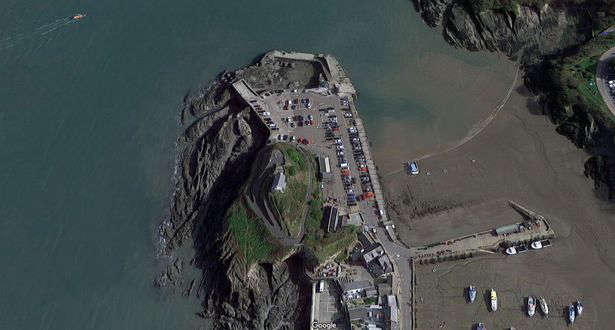
But council likes the money
Sales of red diesel at Ilfracombe Harbour have doubled over the past five years spelling good news for business but not for North Devon Council’s carbon footprint.
The council, which sells the red diesel to boat owners, says there has been an increase in fishing, commercial and pleasure boat use of the harbour.
Together with increased gas and electricity from the council’s growing estate of buildings and bringing buildings back into use, it means that the authority’s carbon emissions have gone up.
The council’s carbon footprint is near where it was in 2019 which does not bode well with its attempts to be carbon neutral in a few years.
But at a strategy and resources meeting last week members agreed with the climate change officer’s report in that they wanted to support local business development and thriving town centres.
They said they had no plans to stop selling the diesel to harbour users which added 1,800 tCO2e (tonnes of carbon dioxide equivalent) to the council’s carbon footprint last year.
The sales also bring in an income for the council.
Local authorities have a choice whether or not to report their scope 3 emissions (indirect emissions) but committee members said they did not wish to “massage the figures”
Gas usage has increased because Barnstaple Bus Station is being brought back into use, and also at North Devon Crematorium. Electricity usage has increased as buildings such as the bus station, Ilfracombe Watersports Hub, the Old Dairy and Boutport Street are also being brought back into use.
The council is also encouraging greater use of the pannier market buildings.
More homes are being bought by the council to address homelessness issues and the authority is pursuing town centre regeneration projects in Barnstaple and Ilfracombe.
The report recognised there was “a conflict between the council’s wish to support vibrant local communities and thriving businesses, and our carbon emissions”
To reduce these emissions between now and 2030, North Devon will focus on existing council properties being made as energy efficient as possible and on-site renewable energy installed where appropriate; new additions to the council’s estate should be effectively net zero in operation and replacing internal combustion engine (ICE) vehicles with electric vehicles where practicable.
Director of resources and deputy chief executive for NDC Jon Triggs said hitting the carbon reduction priority would mean “not doing very much for town centres”.
“We would be withdrawing ourselves from town centres, doing the minimal amount of investment, not buying homes, not trying to support the housing economy.”
He said councillors had to find a balance and also had to think about financial security for the organisation.
“It’s about celebrating the good things we do and recognising where we can make improvements for example buying housing and making it more energy efficient.”
The council will be required to offset some of its emissions by such things as woodland creation or upland peat restoration.
Committee members said they would like to see more car sharing among council staff and agreed to look at reopening an environmental grant scheme available to parish councils and local groups which still had £20,000 in reserves.
Cllr Malcolm Prowse (Ind, Bratton Fleming) said: “It’s not just about looking inward but also about how we can help communities to help themselves.”
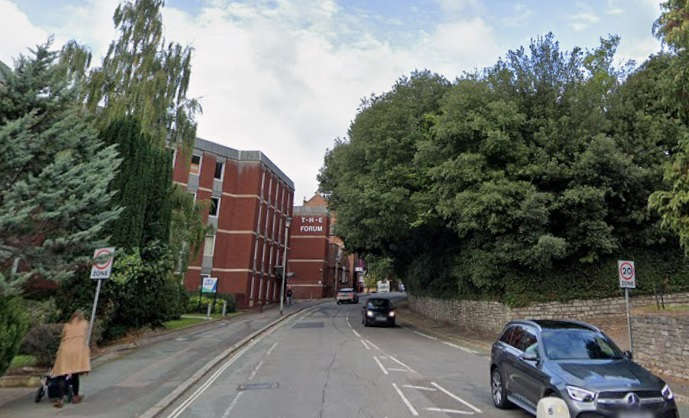 Exeter city centre traffic scheme rejected
Exeter city centre traffic scheme rejected
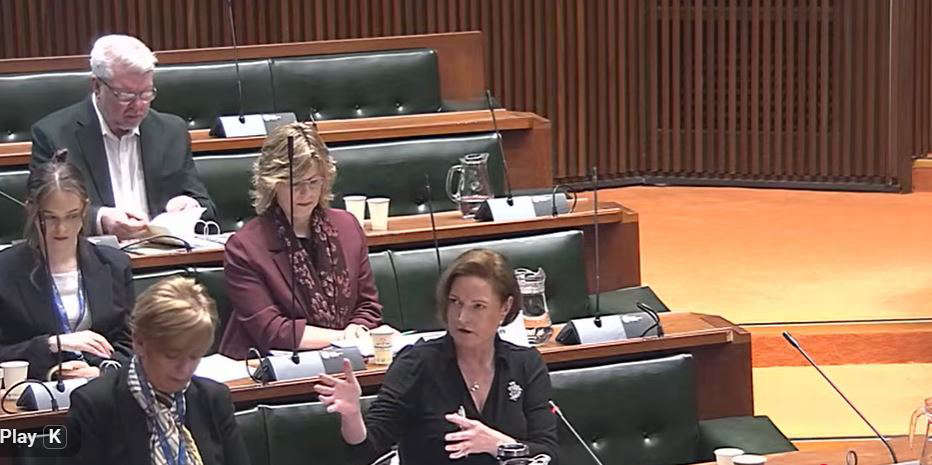 Council tax will rise to help fund police
Council tax will rise to help fund police
 Advance UK gains members on Devon County Council
Advance UK gains members on Devon County Council
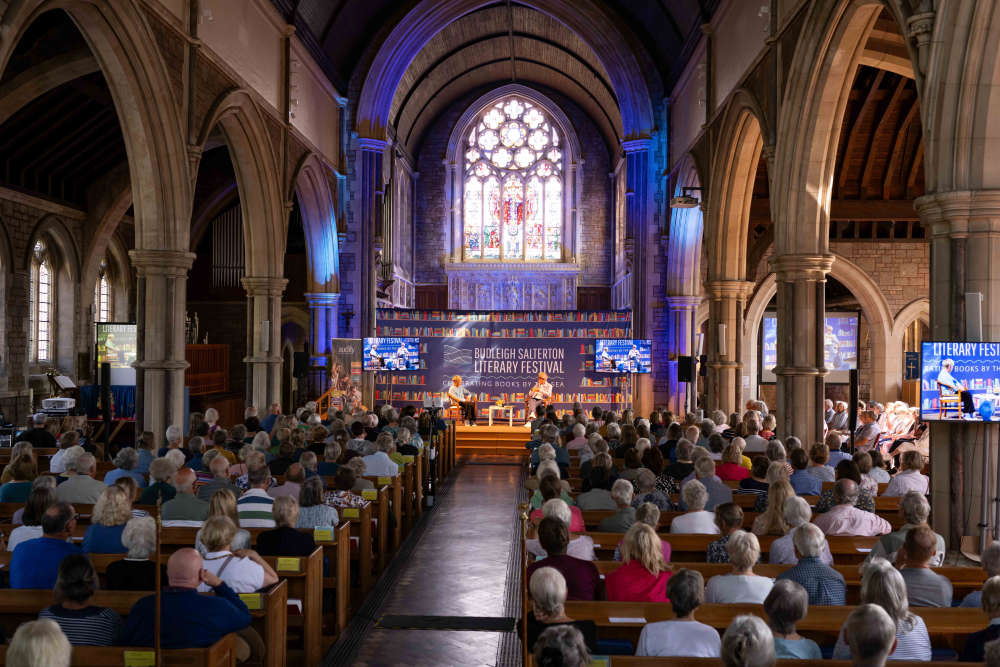 Budleigh Literary Festival spring line up announced
Budleigh Literary Festival spring line up announced
 Devoncast- Storm Chaos, new Archbishop and Heli Hike
Devoncast- Storm Chaos, new Archbishop and Heli Hike
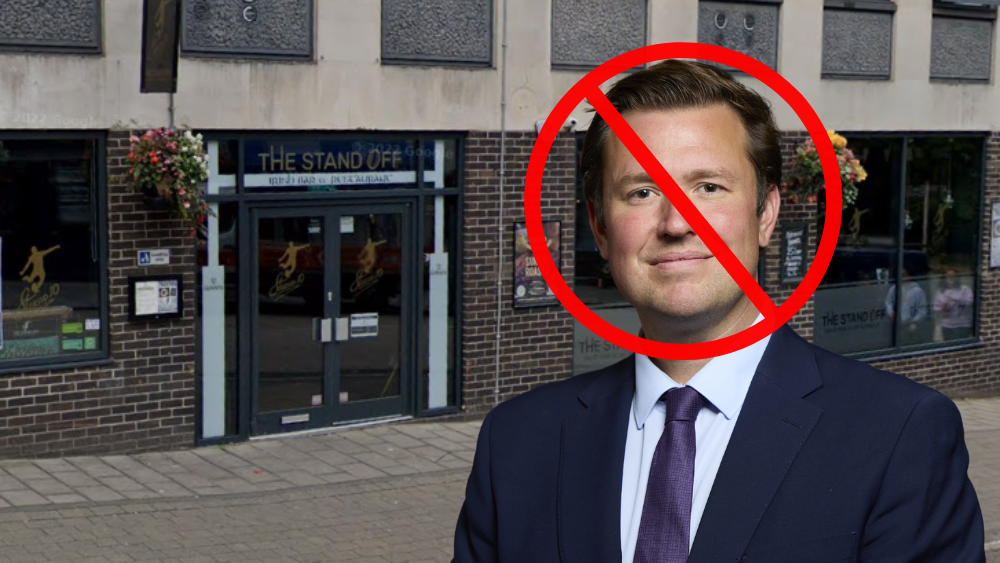 Bar bars Exeter MP
Bar bars Exeter MP
